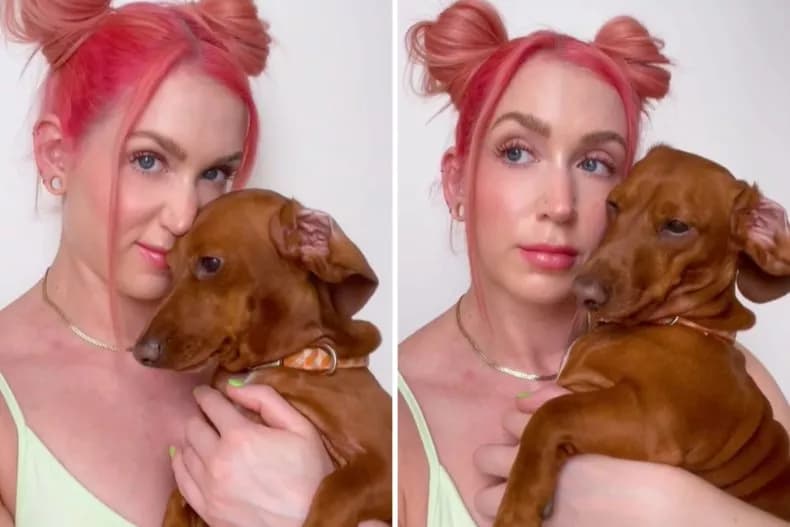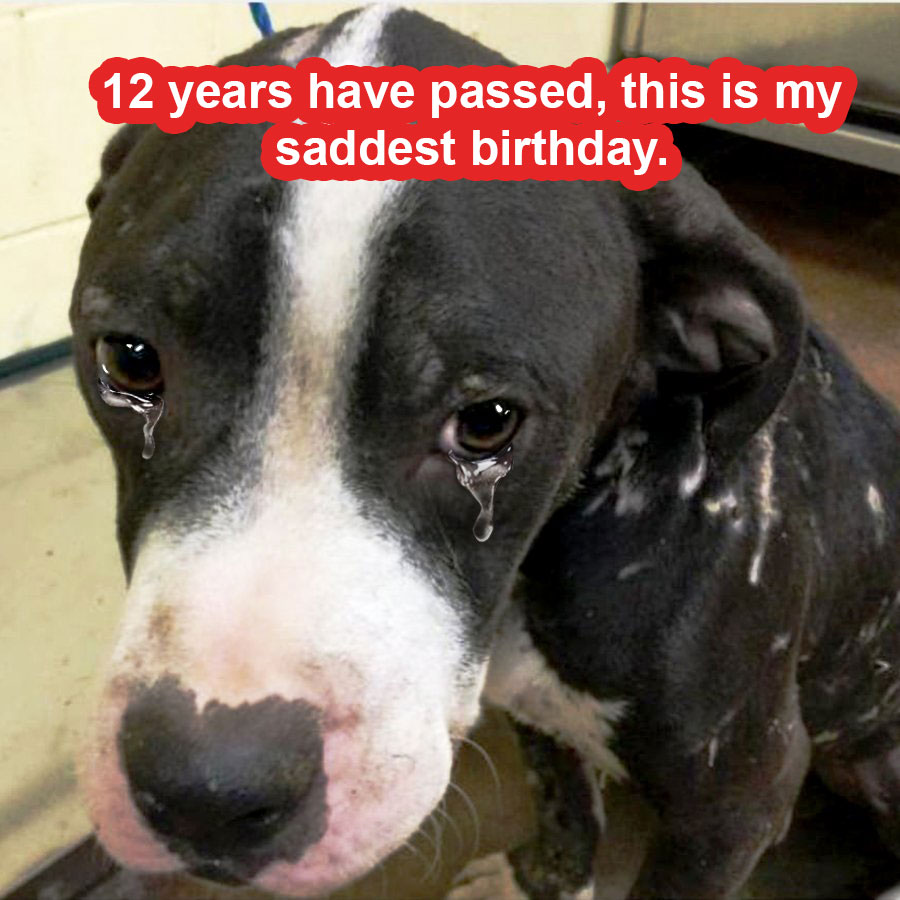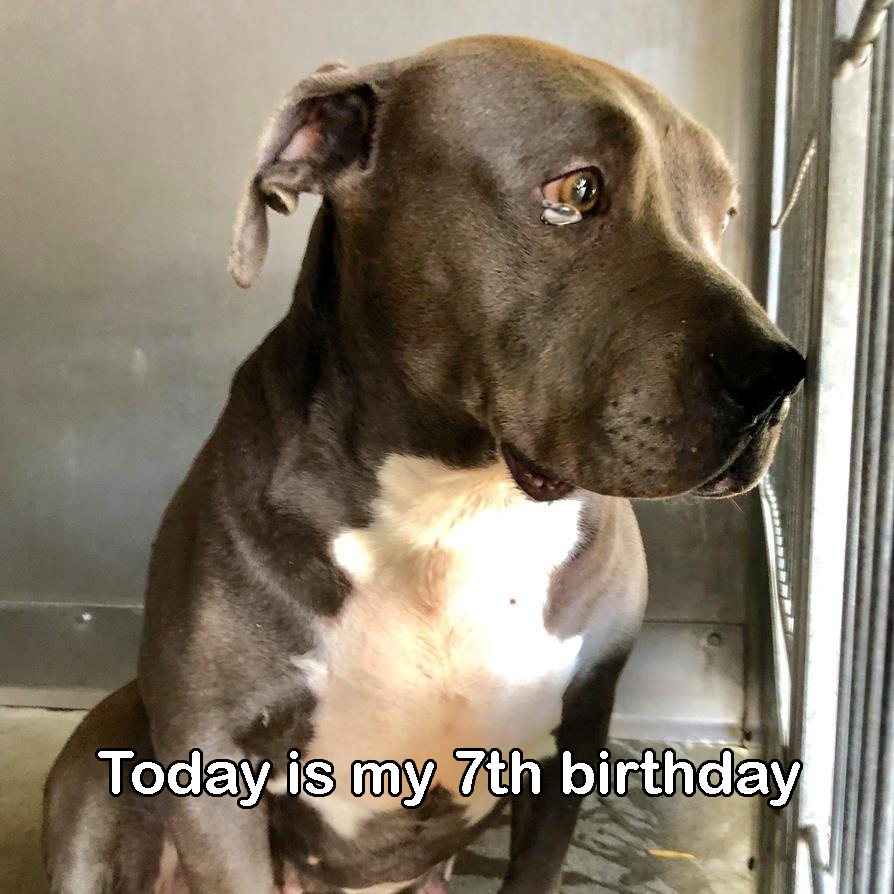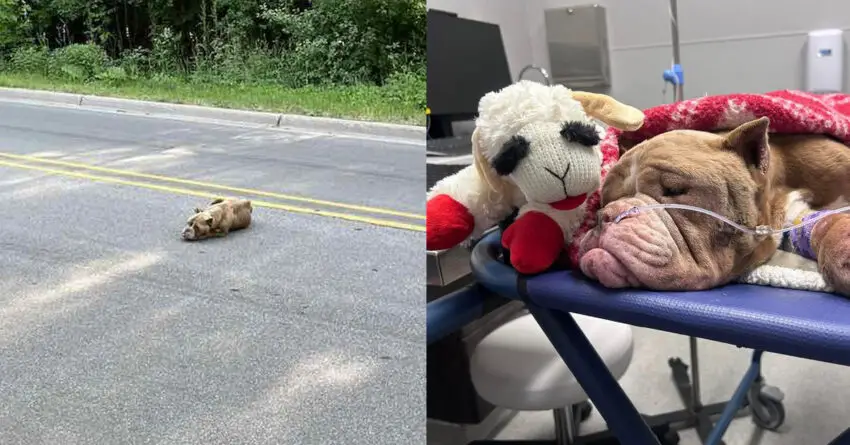Adopting a pet can bring a whirlwind of emotions and unexpected adventures. For a couple who adopted what they thought was a female puppy from a shelter, the journey took an unexpected turn. They soon discovered that their pup, Ziggy, was intersex—a rare condition found in domestic animals. This article explores their unique experience, the challenges they faced, and how Ziggy became a beloved family member despite being a genetic rarity.

Woman Adopts Dog From Shelter, But Vet Surprises Her With Unexpected News
The Initial Confusion: Is Ziggy Male or Female?
When the couple first adopted their puppy from a shelter, they were told the dog was female. However, things didn’t seem quite right. The puppy, initially named Beatrice, appeared to have male genitalia. Emily, one of the pet owners, told Newsweek that she and her husband assumed they were mistaken since puppies’ sex can be difficult to identify when they are very young.
They carried on believing that the shelter had correctly identified the dog as female. But after Emily posted pictures of Beatrice on her Instagram, a dachshund breeder reached out, suggesting that the puppy might be male. This comment prompted the couple to rename their dog Walter. But even after the name change, they were in for another surprise when they took Walter to the vet for a routine check-up.
A Surprising Diagnosis: Ziggy is Intersex
During the check-up, the vet technician seemed unusually anxious. After examining the puppy, the technician informed Emily in a hushed tone that Walter was intersex. Intersex refers to an individual having reproductive or sexual anatomy that doesn’t fit typical definitions of male or female. In Ziggy’s case, this meant having both male and female reproductive organs. The couple was told that Ziggy had both testicles and a uterus, and the vet described Ziggy’s external genitalia as ambiguous.
While intersex conditions are rare, they do occur in various species, including dogs, cats, horses, and goats. Emily and her husband were surprised but not upset by the news. They decided to rename their puppy Ziggy, inspired by the legendary musician David Bowie, who was known for challenging gender norms. Ziggy’s unique situation only deepened their affection for their pet.
Facing Judgment: Reactions to Ziggy’s Condition
Although the couple embraced Ziggy’s uniqueness, not everyone was as understanding. Emily shared that the vet technician seemed nervous about revealing Ziggy’s intersex status, likely because some people might not want to keep an intersex pet. In fact, Emily has encountered several negative comments online, hinting at a societal discomfort with the idea of an intersex animal. She suspects that transphobia may play a role in why some people might reject such pets. However, she notes that the issue might also stem from a general unwillingness to accept animals that are perceived as having a “flaw.”
Despite these judgments, Emily and her husband remained supportive and loving toward Ziggy. They made it clear that Ziggy’s condition did not make them love their pet any less. In fact, their TikTok videos documenting Ziggy’s journey have garnered significant attention, amassing over 734,600 views and 84,000 likes. Many viewers expressed their admiration for how the couple handled the situation, leaving positive comments like “Ziggy is definitely the goodest they!” and “We love a supportive dog mom.”
Embracing Ziggy as Family
Ziggy’s condition has not affected the bond Emily and her husband share with their pet. In a follow-up video, Emily shared a phone call from the vet’s office after Ziggy’s neutering procedure. The vet confirmed the presence of both male and female reproductive organs, but this didn’t come as a surprise to the couple by that point. Ziggy’s gender ambiguity didn’t change their love or commitment to their furry companion.
For Emily and her husband, Ziggy is not just an intersex dog; Ziggy is a cherished member of their family. Despite the challenges and misconceptions that may arise from having an intersex pet, the couple remains unfazed. As Emily wrote in the comments of one of her TikTok videos, Ziggy is a “very good pup,” and the couple couldn’t imagine their lives without Ziggy.
Through their journey, Emily and her husband have helped raise awareness about intersex conditions in animals, while also highlighting the importance of unconditional love and acceptance. Their story reminds us that every pet, regardless of physical differences, deserves to be cherished.
In the end, Ziggy’s uniqueness only adds to the richness of their lives, showing that love transcends gender—whether in humans or animals.






















